An Introduction to the Principles of Morals and Legislation: Cosimo Classics Philosophy
Autor Jeremy Benthamen Limba Engleză Paperback – 31 oct 2012
| Toate formatele și edițiile | Preț | Express |
|---|---|---|
| Paperback (8) | 81.85 lei 22-36 zile | |
| CreateSpace Independent Publishing Platform – | 81.85 lei 22-36 zile | |
| – | 98.26 lei 22-36 zile | |
| – | 104.18 lei 22-36 zile | |
| Dover Publications – 31 mai 2007 | 110.18 lei 22-29 zile | |
| CREATESPACE – | 126.28 lei 22-36 zile | |
| Bottom of the Hill Publishing – 31 iul 2011 | 118.49 lei 43-57 zile | |
| COSIMO CLASSICS – 31 oct 2012 | 146.06 lei 43-57 zile | |
| Plaat Press – 14 mar 2007 | 270.29 lei 43-57 zile | |
| Hardback (1) | 347.72 lei 43-57 zile | |
| Plaat Press – 3 noi 2008 | 347.72 lei 43-57 zile |
Din seria Cosimo Classics Philosophy
-
 Preț: 175.96 lei
Preț: 175.96 lei -
 Preț: 128.65 lei
Preț: 128.65 lei -
 Preț: 105.92 lei
Preț: 105.92 lei -
 Preț: 86.06 lei
Preț: 86.06 lei -
 Preț: 65.34 lei
Preț: 65.34 lei -
 Preț: 127.88 lei
Preț: 127.88 lei -
 Preț: 86.60 lei
Preț: 86.60 lei -
 Preț: 80.03 lei
Preț: 80.03 lei -
 Preț: 66.11 lei
Preț: 66.11 lei -
 Preț: 113.05 lei
Preț: 113.05 lei -
 Preț: 109.79 lei
Preț: 109.79 lei -
 Preț: 62.24 lei
Preț: 62.24 lei -
 Preț: 172.71 lei
Preț: 172.71 lei -
 Preț: 107.42 lei
Preț: 107.42 lei -
 Preț: 231.97 lei
Preț: 231.97 lei -
 Preț: 145.72 lei
Preț: 145.72 lei -
 Preț: 203.52 lei
Preț: 203.52 lei -
 Preț: 231.75 lei
Preț: 231.75 lei -
 Preț: 175.81 lei
Preț: 175.81 lei -
 Preț: 127.42 lei
Preț: 127.42 lei -
 Preț: 147.50 lei
Preț: 147.50 lei -
 Preț: 231.97 lei
Preț: 231.97 lei -
 Preț: 91.23 lei
Preț: 91.23 lei -
 Preț: 111.53 lei
Preț: 111.53 lei -
 Preț: 133.18 lei
Preț: 133.18 lei -
 Preț: 151.36 lei
Preț: 151.36 lei -
 Preț: 88.18 lei
Preț: 88.18 lei
Preț: 146.06 lei
Nou
27.95€ • 29.25$ • 23.26£
Carte tipărită la comandă
Livrare economică 31 martie-14 aprilie
Specificații
ISBN-10: 161640776X
Pagini: 414
Dimensiuni: 140 x 216 x 23 mm
Greutate: 0.52 kg
Editura: COSIMO CLASSICS
Seria Cosimo Classics Philosophy
Descriere
First published in 1789, Jeremy Bentham's best-known work remains a classic of modern philosophy and jurisprudence. Its definitions of the foundations of utilitarian philosophy and its groundbreaking studies of crime and punishment retain their relevance to modern issues of moral and political philosophy, economics, and legal theory.
Based on the assumption that individuals seek pleasure and avoid pain, Bentham's utilitarian perspective forms a guide to moral decision-making. With the "greatest happiness of the greatest number" as his objective, the author attempts to identify the sources and varieties of pleasure and pain as well as the ways in which they can be measured in assessing moral options. Considerations of intentionality, consciousness, motives, and dispositions support Bentham's arguments. The text concludes with his survey of purpose and the role of law and jurisprudence, a fascinating exercise in the theory of social reform that explores conflicts between the interests of the majority and individual freedom.
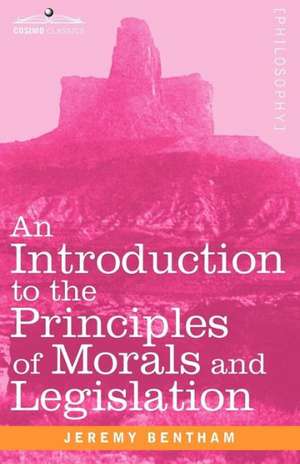




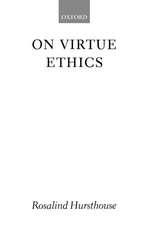



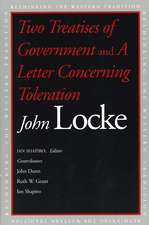







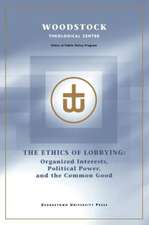






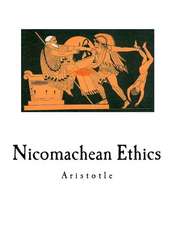


![Deontologie, Ou Science de La Morale. [Volume 1] (Ed.1834)](https://i2.books-express.ro/bt/9782012536029/deontologie-ou-science-de-la-morale-volume-1-ed-1834.jpg)
